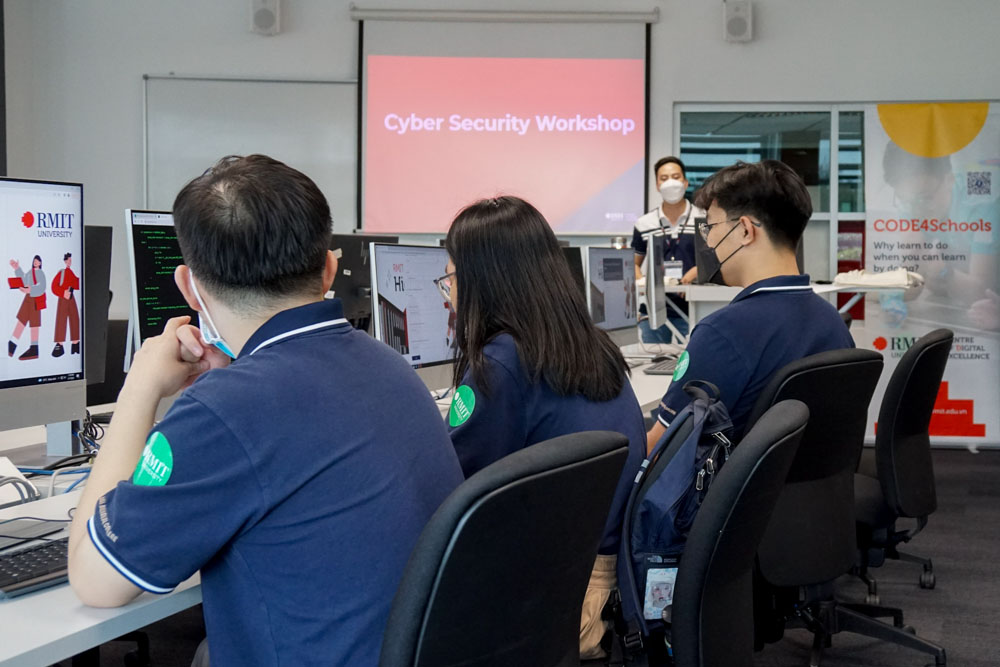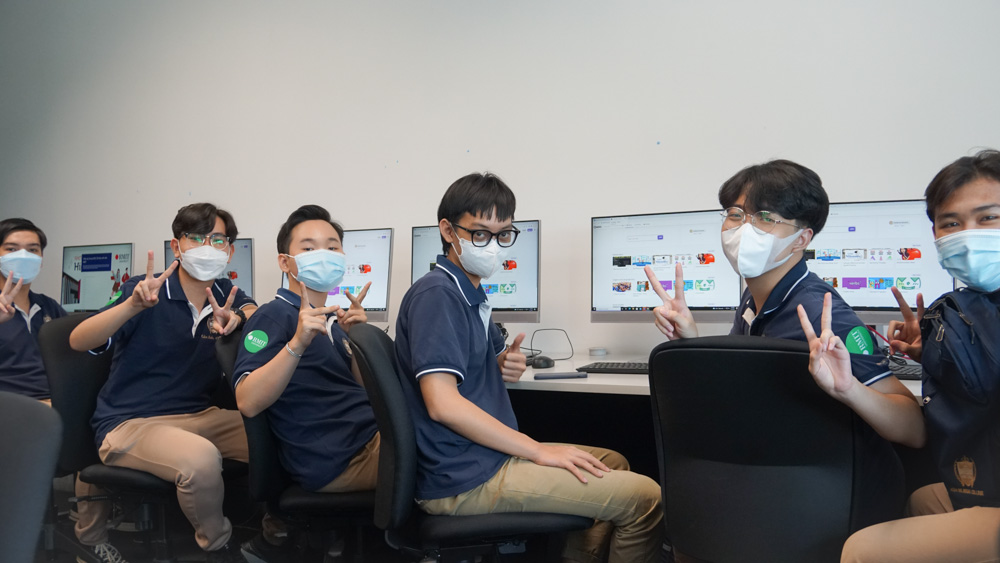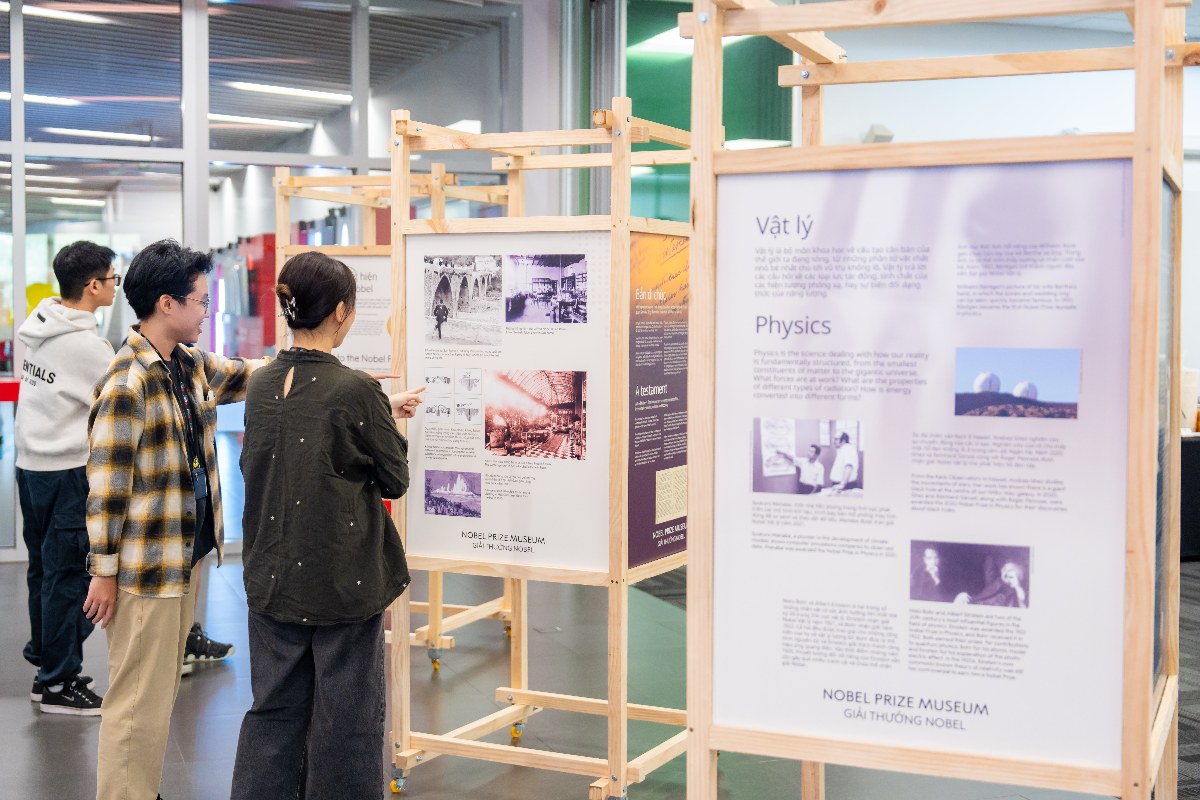RMIT Vietnam hosts Nobel Prize Exhibition and Dialogue 2025
From 8-19 September, the Embassy of Sweden and RMIT Vietnam host the Nobel Prize Exhibition and Dialogue 2025, bringing together delegates, academics and students.
Can Vietnam’s urban parks become travel magnets?
Despite its rapid urbanisation, rich biodiversity, and growing domestic travel market, Vietnam has not yet capitalised on the tourism potential of its urban parks, RMIT experts say.
Reimagining Ho Chi Minh City by 2050: A smart and inclusive megacity
As Vietnam eyes 2050, Ho Chi Minh City is leading the nation’s urban shift, aiming to become a smart, sustainable metropolis shaped by bold planning, deep reform, and human-centred innovation.
Vietnam’s EMI success depends on preparing teachers today
Vietnam’s shift to English-medium instruction marks a major step towards global competitiveness, but its success hinges on preparing educators.






